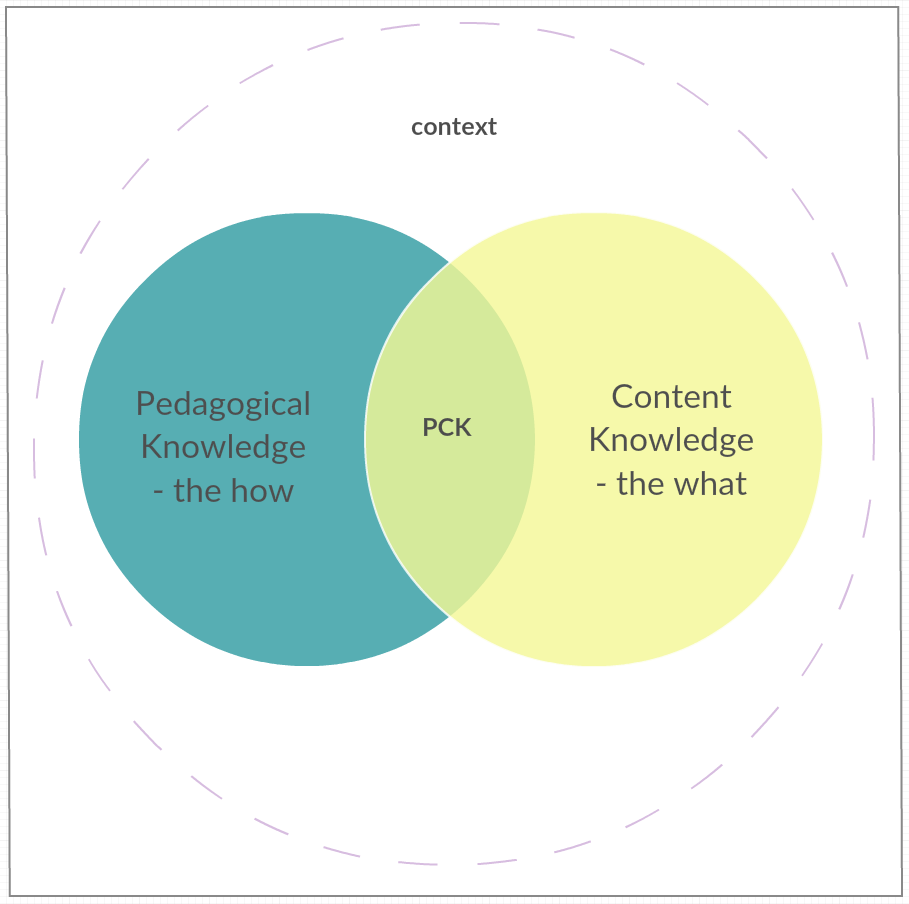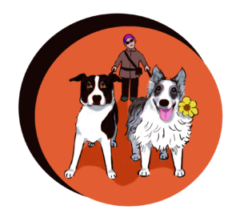My quest: What are some examples of powerful representations that convey complex concepts without overwhelming novice caregivers?
Have you experienced these types of exchanges in dog training? The moment when someone deep into the science of how animals learn (and sometimes that means new to the science) steps into the conversation and launches into quadrant talk? The intentions are good — to help that unsuspecting individual who asked how to keep her pup from jumping up on visitors to her house. But, aside from quadrants not necessarily being the best way to think about our interactions with dogs, does that caregiver leave the conversation with an understanding of what to do?
Here are some wise words from Ian Dunbar that I highlighted a few years ago:
The first gift that we can give to all animal owners, parents and teachers is to simplify the ridiculously ambiguous and unnecessarily complicated and confusing terminology.
Yet, I don’t come across very many examples of these ‘gifts’. Coming from a background in education and applied science, I looked to a framework that combines what we want to teach, with how to teach it.
What is Pedagogical Content Knowledge?

Pedagogical Content Knowledge (PCK) is a concept introduced by Lee Shulman in the mid 1980s. In a nutshell, this work aims to highlight the special teacher knowledge that emerges from mastery of a subject area, and, through practice, the most effective ways to engage learners about those subjects.
Within the category of pedagogical content knowledge I include, for the most regularly taught topics in one’s subject area, the most useful form of representations of those ideas, the most powerful analogies, illustrations, examples, explanations, and demonstrations—in a word, the ways of representing and formulating the subject that make it comprehensible to others.
Lee Shulman – Professional Education
What do we mean by a useful form of representations of ideas?
This poster by Lili Chin is a good example to use here. It represents a complex subject in a way that is comprehensible to others. If we were to remove the operant learning lingo, it would become more appropriate for a novice caregiver audience.

The Four Quadrants by Lili Chin CC BY-NC-ND 2.0
What are some other examples of PCK in the dog training industry?
Last month my sister, Julia Morton, and I launched a new website called Rover and Chubby — Life with dogs and humans through the eyes of Rover and Chubby, our imaginary childhood personas who seemed wise beyond their years. Julia and I spent hours and hours in character when we were kids, and we’re having the best time, some 50 years later, reliving that freedom.
We have two main goals for this project:
- Engage people in stories and scenarios in an effort to go beyond explaining steps and concepts, and;
- Provide resources for others to use in their own teaching and learning.
We’ve been playing with the two main ‘teaching’ categories of this website for awhile.
The Flip Side presents one situation but from two different perspectives. This can be two humans, or one human and a dog, reacting to, and making sense of, an incident. Once we got rolling on writing these stories we realized that we have bags of our own experiences to draw on — some of them real head shakers!
Ask Rover is advice offered by a dog in response to another dog’s dilemma. These are fun to write. I mean, who doesn’t like to imagine what a dog is thinking? And actually, that’s a big part of what we are asking caregivers to do — consider the behaviour you see from your dog’s point of view.
Simply put, Julia and I believe that telling a caregiver what to do is less effective than having them contemplate options and arrive at a solution for themselves. So far we’ve had good response to our Rover and Chubby posts. It will take more practice to craft these in such a way that they have broad appeal, and also invite more feedback and dialogue. Suggestions always welcomed!
More examples of PCK, please!
It goes without saying that a big part of our work as professionals in the dog training industry is centred around teaching. The ideas around PCK are worth considering when we work with our clients. Do you have examples to share?
UPDATE: An excellent article about PCK, including examples from the animal welfare sector, by Emily Douglas (AKA Peaches’ mom)

